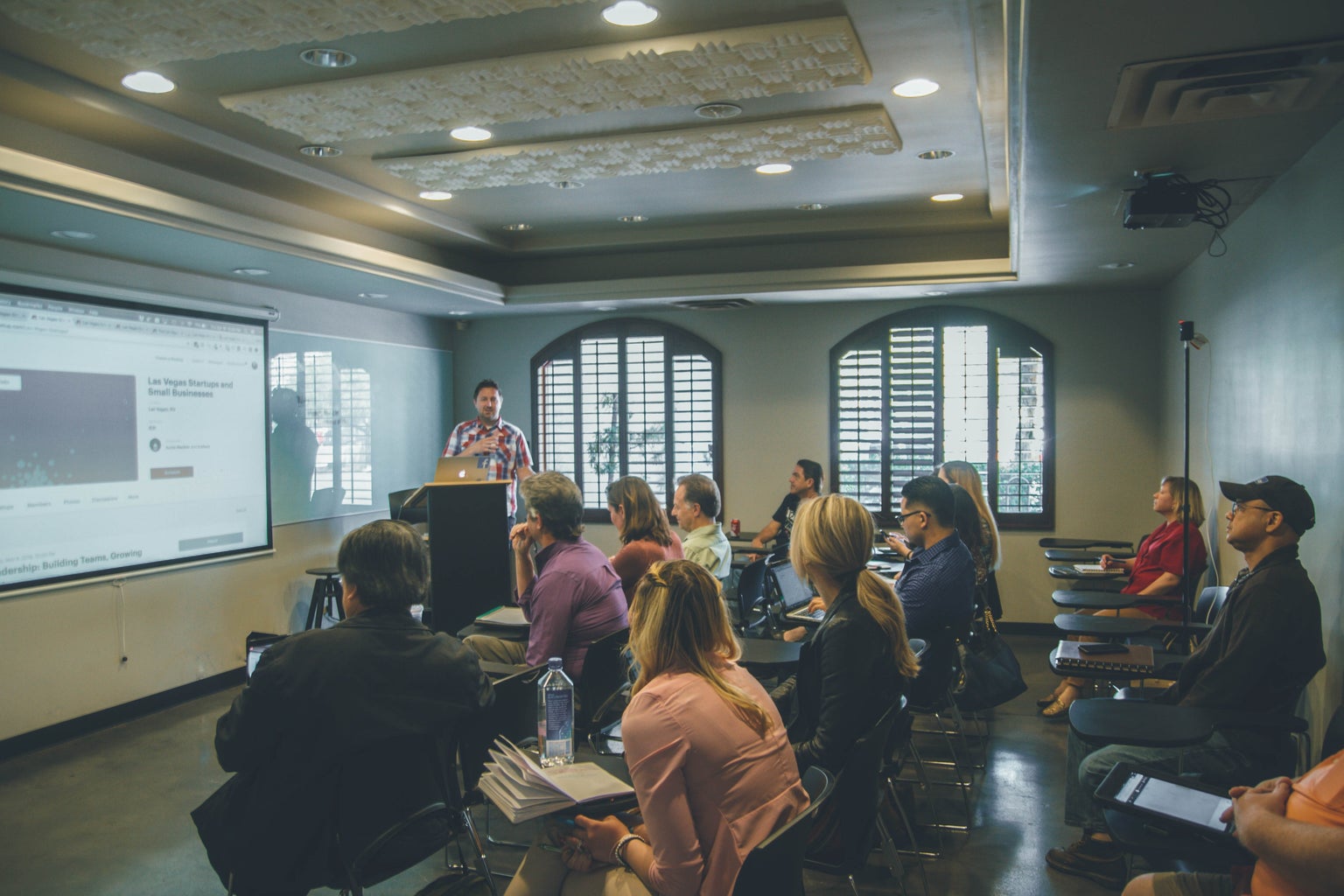As we grow up, we’re warned by parents, older siblings, and even the media about impostor syndrome—the nagging feeling of self-doubt that we don’t deserve our success or that we don’t measure up to the opportunities we find in front of us. We doubt our talents, our skills and our worthiness. We’re often warned about how impostor syndrome can creep up on us as we progress through life stages, such as the transition from high school to university, where we must grapple with the move away from being “a big fish in a small pond.”
Moving from the “small pond” of my small-town high school to the hundred-person lecture halls of my undergraduate courses, the transition wasn’t as jarring as I expected. If I started an assignment early enough and worked hard enough, I could pretty much count on a good grade.
For me, the problem actually started when I went from a big pond to a very small pond. With around 30 students, the enrollment in my entire graduate cohort was smaller than most of my undergrad classes.
Over time, the academic confidence I had developed during undergrad had festered into a self-centred arrogance and a toxic pressure to perform. Classes became less about learning and more about reinforcing my inflated academic self-concept. Assignments became less of an opportunity to learn and more of an opportunity to perform, garnering the external validation of pristine grades and asserting my identity as a high achiever.
As classes started, I realized my graduate cohort was as dazzling as I had hoped—and as I had maybe, deep down and without admitting it to myself, feared. Class after class, I was awed (and intimidated) as I listened to my classmates speak with such mastery and insight. Any sense of competition was probably my own projection: even more than the clarity and originality of their thinking, I was startled by my colleagues’ kindness and humility. I realized, very quickly, that it would be impossible to “stand out” as excellent in a room of such gifted, motivated people. Or if I did stand out, it was for all the wrong reasons. I felt clumsy, ignorant and disoriented. I felt like an impostor.
Over time and unchecked, my insecurity festered into envy. It’s easy to feel happy for someone else when their success benefits yours. It can be trickier to be happy for someone else’s success when their success has no bearing on you, and trickier still when their success seems to step on yours.
Around 3 weeks into the term, I contemplated dropping a course that I had no prior background in. The program director had chosen the course for me. As a stranger to the themes, writers and historical events that my classmates so effortlessly and thoughtfully referenced, I felt overwhelmed, inadequate and out of place. Deciding to give the class “one last chance,” I sat in my bedroom that night poring over self-study resources, podcasts and documentaries, all hoping to gain some foundational understanding. As I sat through documentary after documentary, I was shocked at the amount of information I had already picked up in class. I realized just how much I had learned in 3 short weeks. My intellectual curiosity was piqued.
Instead of thinking “how well can I perform?”, I found myself faced with a much more exciting possibility: How much can I learn?
I started coming to class with an open notebook and an open mind. I returned to the seminar that week with a deep, genuine intellectual curiosity and a true willingness to learn. I started looking at assignments not as opportunities to perform, but as opportunities to progress. I stopped seeing my mistakes as fatal blows or signs of my incompetence and started seeing them as a natural part of the process of growing and re-defining what I know. I knew that it was going to be difficult if not impossible to stand out, but that no longer troubled me. It wasn’t even relevant to me anymore. I wasn’t going to be the standout or the “It Girl,” but I was being given the chance to be something infinitely more valuable, meaningful and rewarding: a member of a community that truly cares, not only about English Literature and scholarly inquiry, but also about each other. I felt no need to compete or compare, just a sincere and heartfelt appreciation for the supportive, talented classmates I can now more accurately call my friends. Instead of feeling intimidated or even threatened by my cohort’s excellence, I felt inspired.
I don’t know if Curiosity killed the cat, but coupled with a hearty dose of Community, it definitely killed my impostor syndrome.




